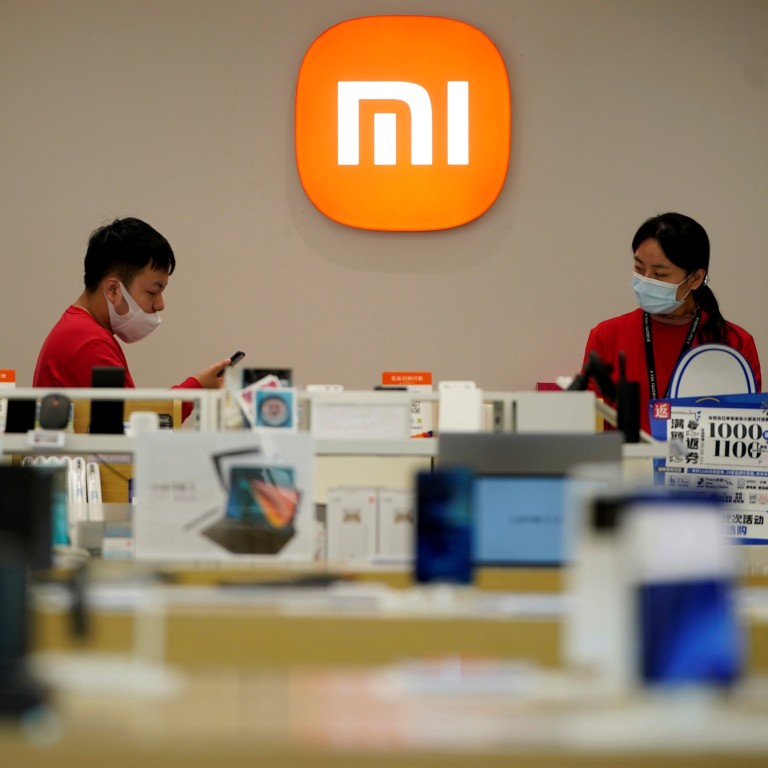
Xiaomi falters in quest to beat Samsung, Apple as sales slow in third quarter amid global chip shortage, stiff competition in China
- Xiaomi posted revenue of US$12.2 billion in the third quarter – up 8 per cent from a year earlier, but missed analysts’ estimates
- The Beijing-based smartphone giant’s net profit was down 84 per cent to US$123.5 million in the same period
“For Xiaomi, the supply side problems are relatively bigger than weaker demand [in China],” Wang said. He added that the unstable supply of components makes it a challenge to plan production.
While the company projected the chip shortage to remain severe in the fourth quarter, it hoped that this supply chain situation could improve next year, according to Wang.
Beijing-based Xiaomi’s revenue rose just 8.2 per cent in the third quarter to 78.1 billion yuan (US$12.2 billion), as smartphone shipment volume declined. That was below analysts’ average estimate of 79.2 billion yuan, according to Refinitiv data.
Net profit was down 84 per cent to 788.6 million yuan in the same period, which Xiaomi attributed to 3.5 billion yuan in losses from market investments.
Xiaomi’s shares were down 0.96 per cent to close at HK$20.70 on Tuesday in Hong Kong.
The firm’s smartphone shipment volume fell to 43.9 million units in the third quarter, from 52.9 million units the previous quarter, as the company struggled with component shortages.
“In general, the overseas [smartphone] markets are stable,” Wang said. “[But] overall demand in China’s smartphone market has slid. This is a consensus.”
Smartphone giant Xiaomi to build 20,000 new retail stores in rural China
It currently operates a network of more than 10,000 bricks-and-mortar stores across the country, according to company chief financial officer Alain Lam.


